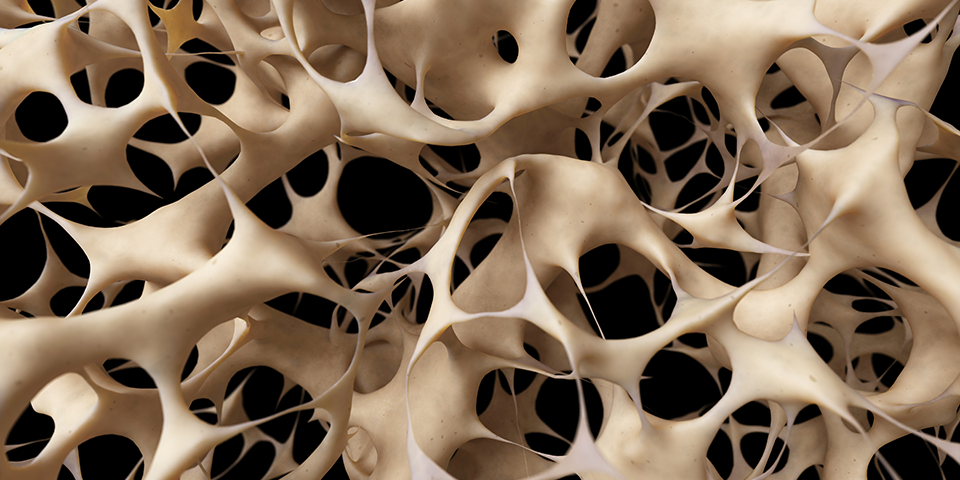YOU NEED TO READ THIS, IF YOU HAVE OSTEOPOROSIS
- Horizon Oral Surgery

- Mar 27, 2020
- 2 min read
Osteoporosis, is a progressive disease characterized by low bone density and deterioration of bone mass which can lead to an increased risk of fracture. Osteoporosis develops when the body loses bone or makes less bone or a combination of both. There are numerous medications targeted at slowing the progression of osteoporosis, thus reducing the risk of bone fractures. For more information on osteoporosis, please visit https://osteoporosis.ca
There are two major categories of anti-resorptive medications that are aimed at slowing the progression of this disease: 1) Oral Bisphosphonates and 2) Sub-cutaneous Denosumab injections.
The most common oral bisphosphonates are Alendronate and Risedronate, also known as Fosamax™and Actonel™ respectively. These medications are usually prescribed as once a week oral tablets. Denosumab, also known as Prolia™ is usually given as a subcutaneous injection once every 6 months. Despite different mechanisms of action, both drug categories inhibit osteoclast cell function. These cells are needed in the normal break down of bone. By reducing the number of active osteoclasts, more of the existing bone is allowed to stay.
While these anti-resorptive medications are very beneficial in managing osteoporosis, they can sometimes be associated with major complications in the jaw bone after having invasive dental procedures. A condition called Medication Related Osteonecrosis of the Jaw (MRONJ), may develop in some patients taking any one of these medications after having any invasive dental procedure ranging from a tooth extraction to implant surgery. Unfortunately, in some patients this complication can develop spontaneously in the absence of any previous dental surgery. The literature shows that the risk of developing this complication remains small. However, you must inform your dentist that you are taking these medications if you haven't done so. For more information about MRONJ, please read the position paper of the American Association of Oral & Maxillofacial Surgeons, posted on our website.
Important points for patients with Osteoporosis taking anti-resorptive medications:
- Prevention is key!
- See your dentist for a thorough exam prior to starting these medications
- While taking these medications, see your dentist routinely to maintain good oral health
- Maintain good oral hygiene
- Consult your dentist or an oral surgeon regarding the management of a tooth infection while taking these medications
- Consult your dentist if you develop toothache, jaw pain, swelling while taking these medications
If you require a tooth extraction and are currently taking one of these anti-resorptive medications, or if you are experiencing pain, please contact our clinic at 905-553-6725 and book your consultation.








Comments